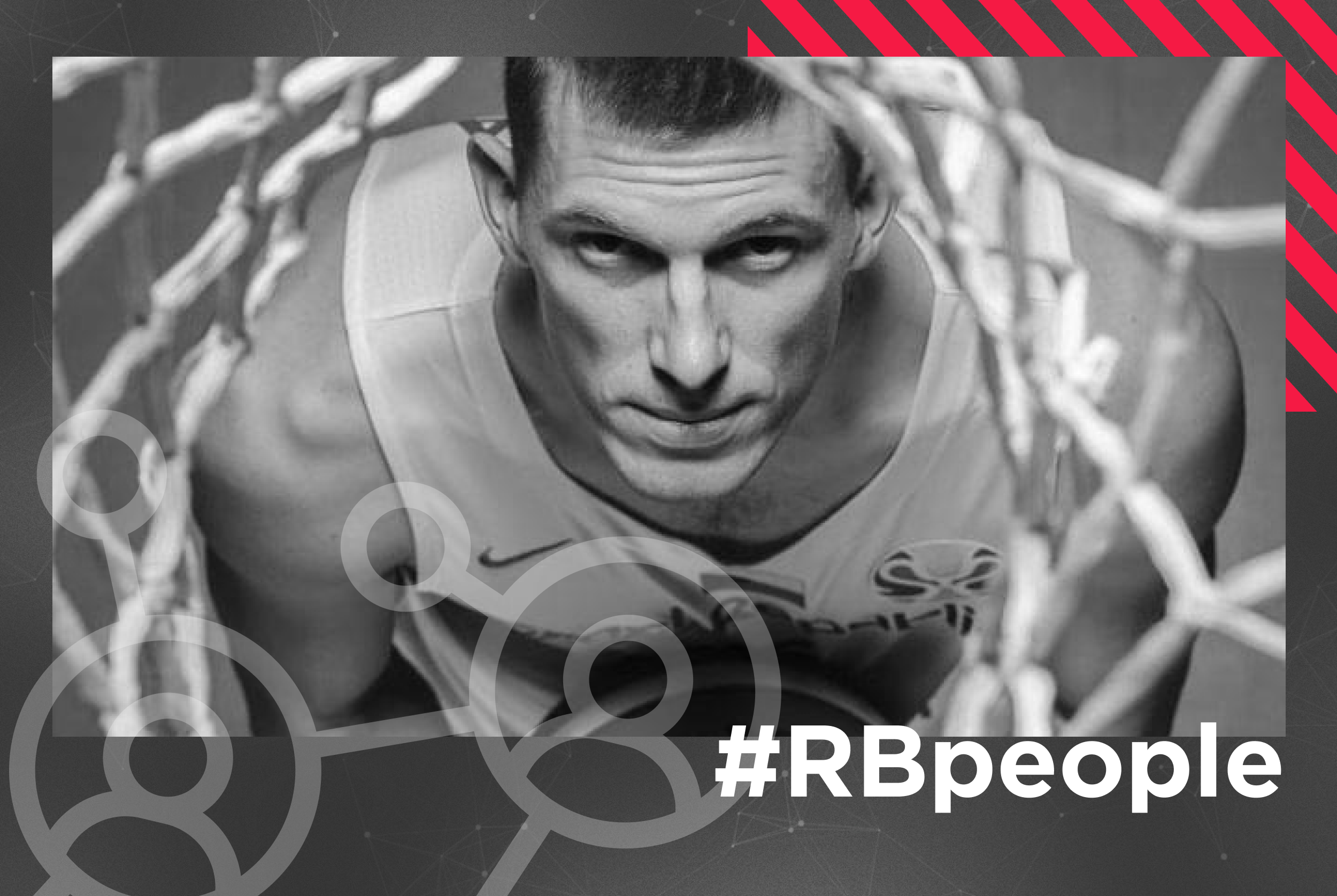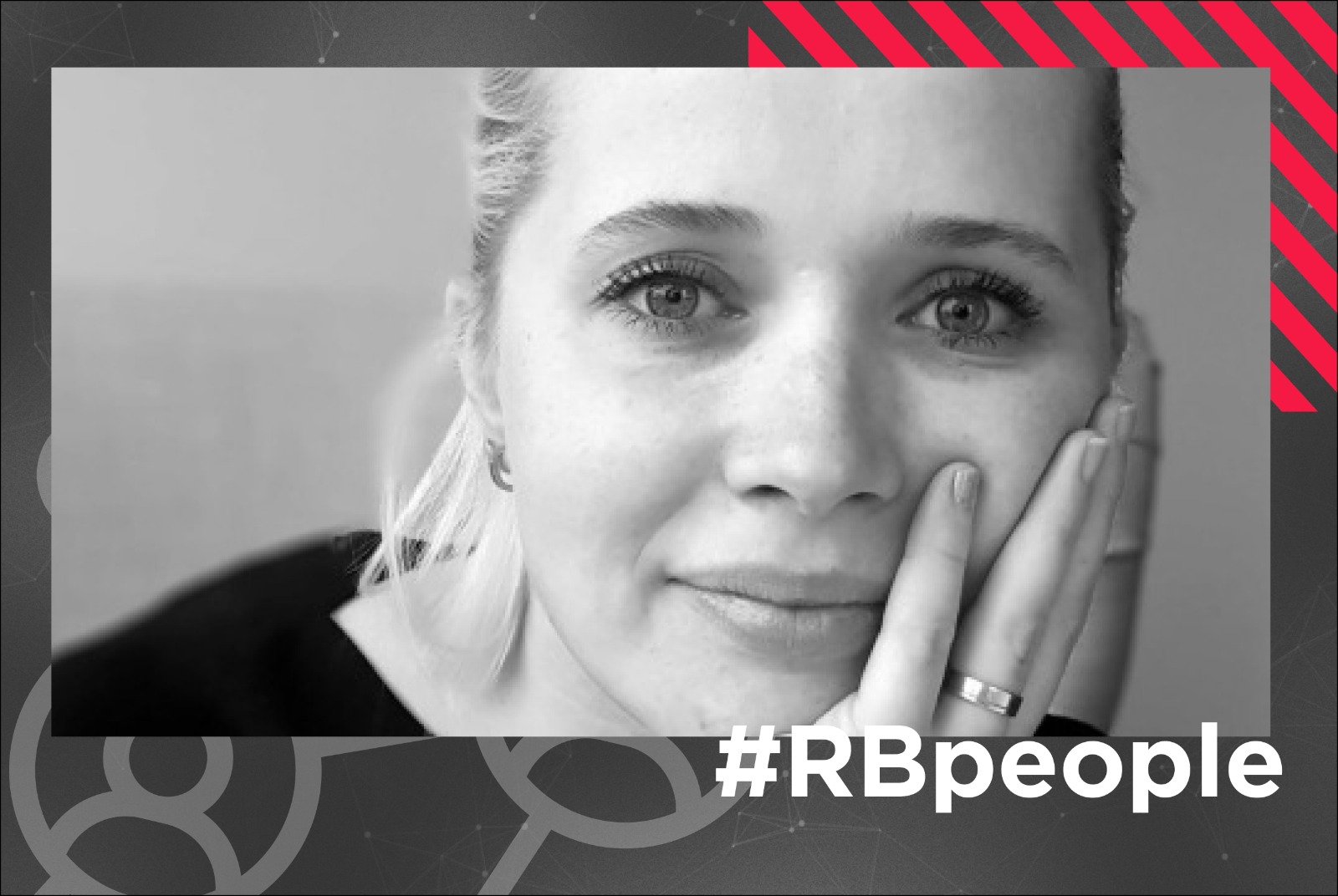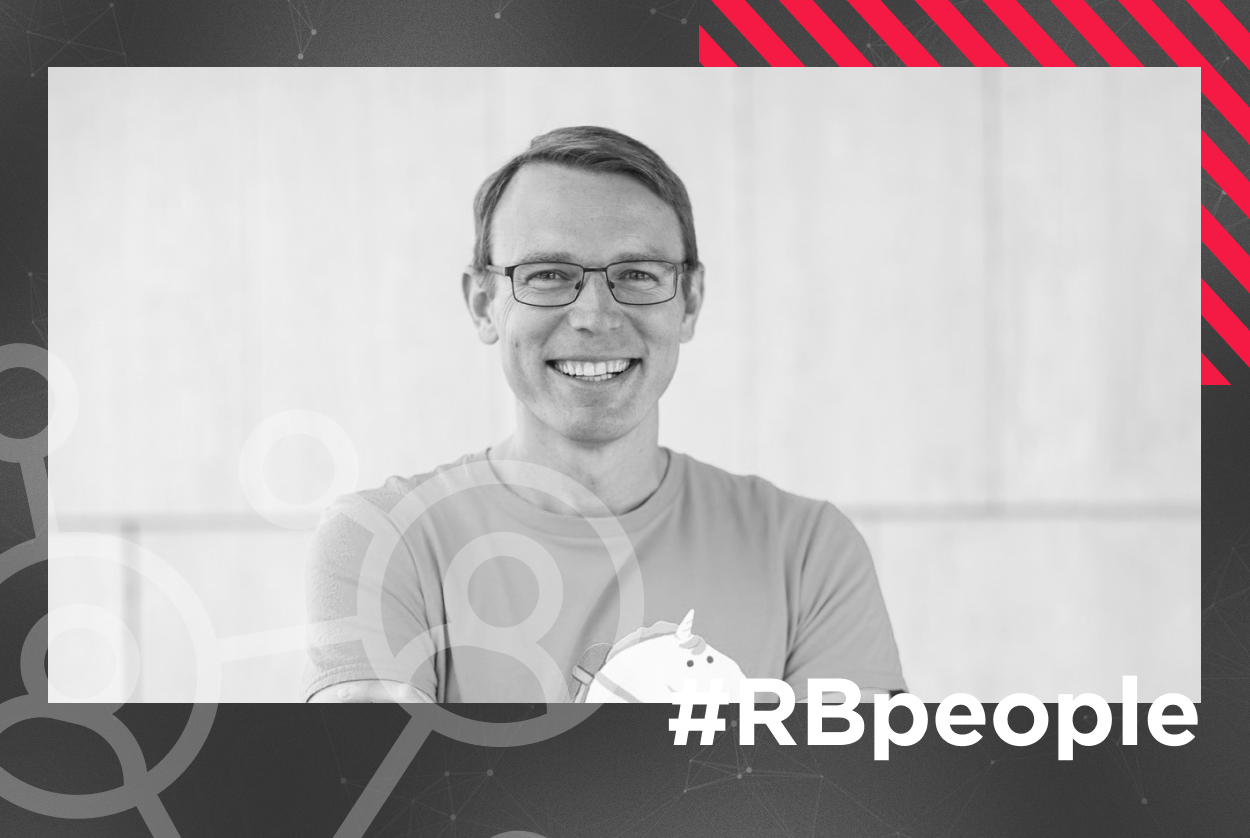This September, Prague hosted Europe’s single biggest celebration of all things visionary and futuristic. We spoke with Scott Amyx – global IoT influencer and Singularity University mentor – about the dual roles of government and investors in nurturing a successful startup environment, and how these ideas can apply to the Czech Republic.
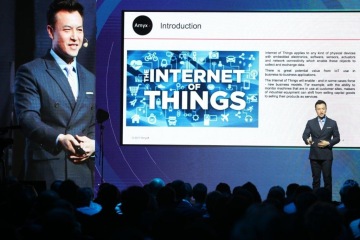
Scott, in your speech, you spoke about being from South Korea, and that Korea as a country after the Second World War was quite destroyed and split into two parts. Yet now, it’s in the top G20. Could you talk briefly about why it happened? What was the reason?
It had to do with human capital. It had to do with intentional innovation. One of the things they did in the early 70s was start to recruit anyone with Korean ties, as well as complete foreigners, so they could start to build universities from scratch. They started to amass think-tanks and researchers, and build up the universities. Now, Korea has the highest college graduate level. Most of them have Master’s degrees, if not PhDs as well. So, human capital is one piece.
The other piece is the industries. Sometimes, the government has to play an incredibly important role in building industries, and this is why we have Hyundai, Samsung, LG, and so forth, because they actually originated from that time period, with the personnel and the government working to create a marketing industry that didn’t exist. Hyundai, for example, which is compared to Škoda and Mercedes now, it didn’t have cars of its own. They didn’t know how to build engines. They started out in transport and as a way to transfer dirt and materials to build, to rebuild a country. And then over time they decided, “Why don’t we start to actually build our own vehicles, so we aren’t having to lease or buy these things?”
There’s a long history of building competency over time, but the role of government is very important. Now, with that said, fast forward. There are some things that worked in the past, but we have to think about the right optimization of policy, the right optimization of working with universities and think tanks, capital markets, and startups.
Whether you're looking at the World Economic Forum, McKinsey Reports, there are massive job displacements expected in the next five to ten years. What's going to happen to the Czech Republic when you're great in engineering, but some of the tasks that can become automated become automated?
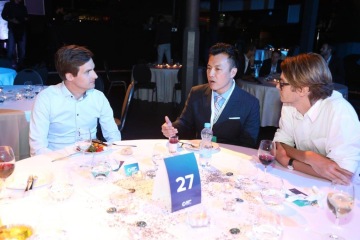
The Czech Republic is a geopolitically strategic area. It’s a gateway to all of Europe. And then you layer on top of what you guys do best, engineering and nanotech, and you have this comparative advantage that even the UK and Germany cannot replicate.
We want to be able to take the best of Czech Republic’s startups, have them spend some time in America, have them spend some time in Canada, and Australia and different parts of Europe. Why? Because part of the success of this notion of global is understanding the cultural nuances.
One of the key secrets to international success is not just building a Czech start-up team, but building a team that is well-rounded with international team members, so that if you want to operate in America, you have team members that are part of that core team.
With CAP, we are providing a global platform network, and we're going to continue to roll out to more countries so that we can help. The metaphor that I use is Space X. We're the Space X for the local economy, so that you can actually propel the best to global market and to really succeed on a global scale.
What do we need to do in order to help the Czech Republic become part of your initiative, as soon as possible?
Czech startups need support. When we establish a venture vehicle for a country, that means that money is only for that country. Because our model involves making use of the technology and the know-how of the local people, and the local talents, and helping them to connect so they can go more local. That's the key.
We would come in and support the critical seed and further rounds, but more importantly one of the nuances that’s different for us as a VC is we don't believe that you just hand-pick startups. That doesn't work. You have to actually grow them from the ground up.
We validate that domestically, and then we continue to build it into a working product. We validate that overseas to see if it’s viable. When we feel confident that this is a viable market, we capitalize it. Then we start to fill in the teams with it. Then, we bring it to the Amex Adventures Global Platform perspective. That means we need support from the government. You need support from the local VCs, the local accelerators, and the key people that are incented to move and change Prague and the Czech Republic.
“If we treat startups as projects, we can say, ‘Oh, that’s okay, I learned from that project. Now I can do better in the next one’.”
Let’s go back to South Korea’s decision to actually invest in human capital. What exactly does that mean? Because here, there is a big discussion about education in the Czech Republic, especially about the fact that teachers are seriously underpaid. We’re thinking that the quality of teachers is a very significant factor in the overall worth of the system. Do you know more about what Korea did?
I would first say that what's worked in the past is also becoming its own stumbling block today. One of the things they did was to attract a lot of human capital from outside, as well as Koreans that were in America and other areas, and brought them back. The question becomes, "How do you bring the best talents?" And it may sometimes require a different model.
It’s going to take time, but in the meantime, we need to do something. So that’s why. In terms of Korea, they have incredible educational systems and incredible graduates; however, they also have a lot of 20-year-olds and early-30-year-olds that are unemployed.
Yep.
And the reason is, it’s hyper-competitive. It’s very difficult to get into a company like Samsung or LG. More importantly, the younger people have seen their parents working 100 hours, 200 hours and say, “I don’t want this. This is not my life. I want to do something different.”
One of the important things to appreciate from the educational system here is there are some fundamental institutional things that are difficult to tackle right now. It’s going to take time, but we can start to address some of the more tactical things, like this idea of failure. And it’s a fine balance between Silicon Valley’s concept of failure versus your concept of failure, but it is important to take risks.
When you do a startup, you should perceive it as a project. If we treat startups as projects, we can say, “Oh, that’s okay, I learned from that project. Now I can do better in the next one.”
As a venture capitalist and an entrepreneur, I’m not really that super tied to the idea that you give me in your pitch. I’m more interested in who you are, and your experience, and your past failures and successes.
In Silicon Valley, the average age of successful entrepreneurs is about 39. They’ve failed with enough projects, they’ve learned enough, they know a particular industry, they know enough of a domain, and they have built a network and relationships so that they can be successful. It’s not about building a great product and a technology, but it’s everything else around it. That’s hard.
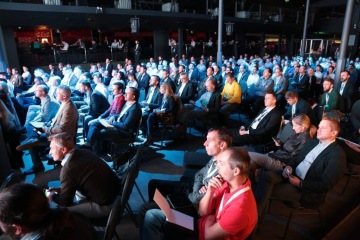
Let’s talk about Singular University, with which you are also involved. I am personally interested in smart cities. What should I actually do in order to gain some expertise in such a new industry? Should I study sensors and the technological side?
The problem is that technology changes so rapidly. For example, let’s take look at computational linguistics based on machine learning. In the last year using your networks, we’ve seen better performance than over the last 20 years of computational linguistics using machine learning. The technology is moving so fast that professors, researchers, people like me can’t get the content into the textbooks fast enough.
In the meantime, there are real needs around data analytics, data science, AI, blockchain, where the knowledge is needed, but where do they go? Ray Kurzweil and the other founders created Singularity with the mission of bridging these major gaps between world-changing, exponential technologies and the professionals and executives who are currently ill-prepared to use them.
In other words, instead of competing with the local universities here, it’s almost like a plug-and-play where you have a very specific need, you get that need met, and you move on very quickly. That’s basically the way it works.
For Singular University, do I physically need to go somewhere? A school campus, or Silicon Valley? Or are you bringing it to other markets?
Well, they have many different programs and partnerships globally. In terms of the actual courses, some of them are campus-based, but they also have many webinars and programs that are available online, specifically for the examples that you talked about.
Singularity are a strategic partner as a part of this ecosystem. We need a capital market, which is the money part, we need the star component, but we also need the human capital and education. That’s what we’re looking to them for, to help fill some of those gaps.
They will either provide a means for online consumption, online courses, or, in some cases, the teachers will actually be able to actually fly out and teach as well. Their faculty travel all over the world. In some cases, they’ll come out and deploy people to help solve those problems and transfer information.
“You have to constantly transform and change.”
How do you see the future of self-education in, say, 15 years on a general level?
If you look at the World Economic Forum, they have a slider on human capital, and they’ve juxtaposed the top skills of the past with the top 10 skills of today. What’s very interesting to see is that they don’t actually put up topical areas like AI or computer science, rather they select things like problem solving, creativity, working with others in support.
Things are constantly changing. The education system needs to build students and young professionals who are creative, agile, seeking to take calculated risks, and who are willing to constantly transform themselves. Statistically, at least in America, most people have held 6 to 9 jobs over their career in completely different industries and functions.
Just because you have a certain degree from college, it doesn’t mean you’re locked into it as a profession. You have to constantly transform and change. And that’s what we want to have in the mindset of perspective Czech and Prague citizens.
Well, thank you very much.
Absolutely, it’s been a pleasure.


